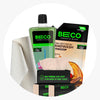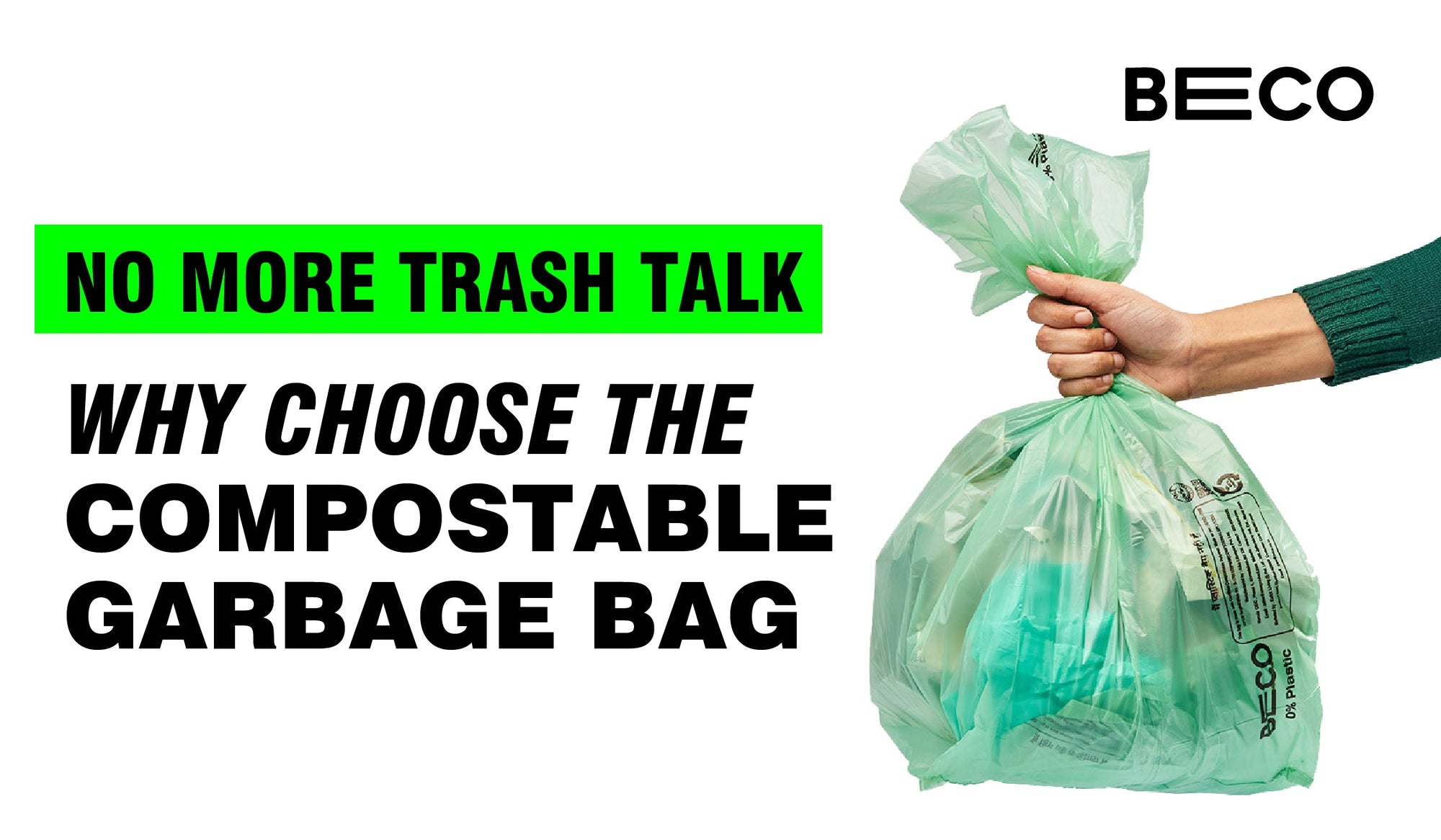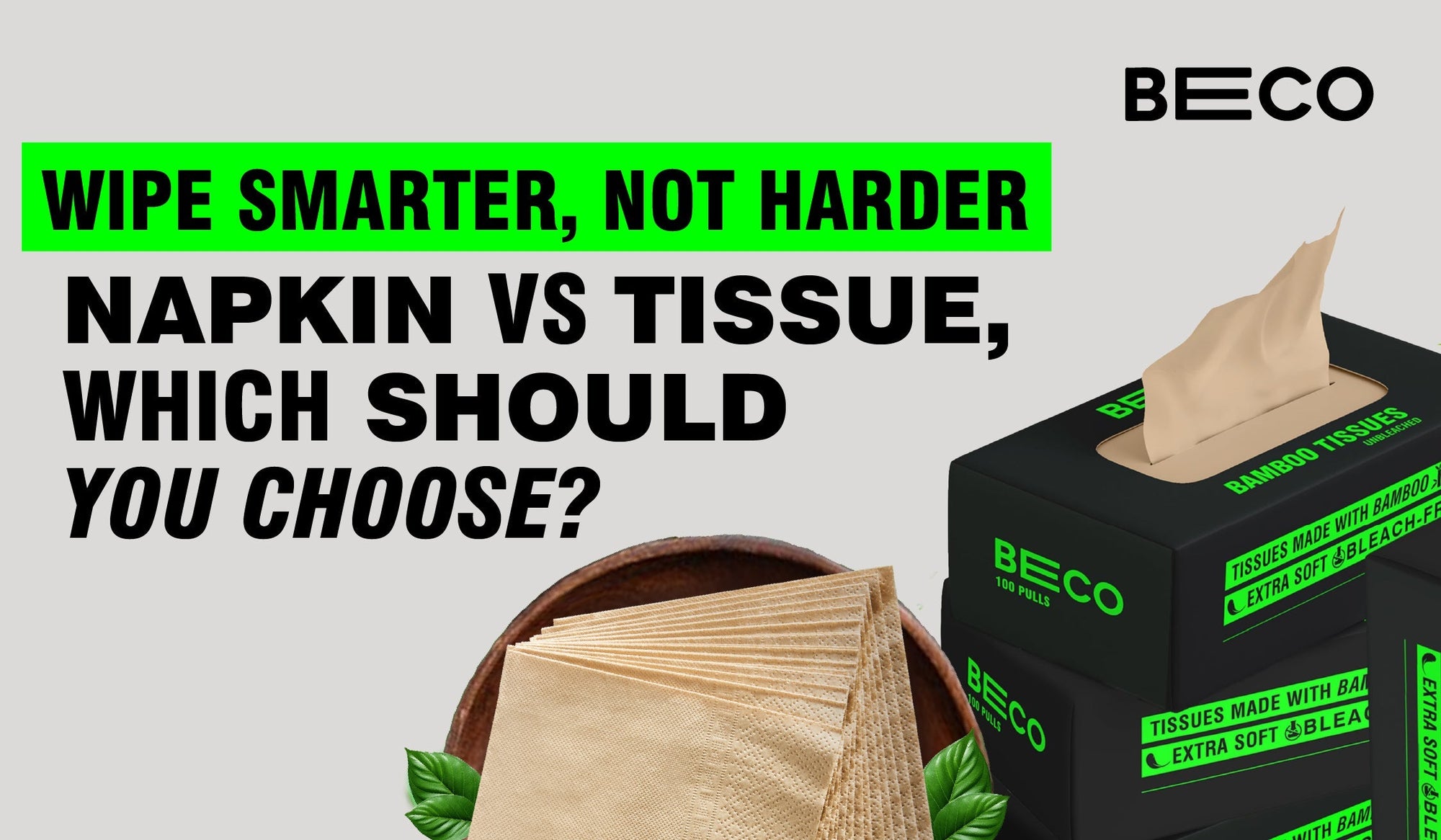Why Everyone’s Talking About Bags That Disappear
We all throw our waste out; but where does “out” really go? For some, it’s the compost pit at the edge of the backyard. For others, it’s a landfill miles away. But in both cases, plastic doesn’t belong there and neither should it. Hence the obvious dilemma; you've probably at least once in your life wondered if there was a better way to do this?
Turns out, there is. And here’s the best part: you don’t need to change your habits or go full zero-waste yogi to achieve this. Compostable bags are the answer, and they work just like regular ones; same sturdiness, same roll, same toss but when they’re done, they go back to nature without any of the drama.
Compostable Bags That Live Fast and Leave No Trace
These aren’t your regular bin liners. Compostable garbage bags are made from natural materials like corn starch or vegetable oils; things that microbes can actually digest. Once they’ve done their work, what’s left isn’t pollution but compost that feeds the soil.
They’re sturdy, safe for wet waste, and disappear naturally within months instead of centuries. So whether you’re running a home compost bin or just trying to reduce plastic waste, they do the job, without leaving anything behind!
Plastic Bags: The Guest That Never Leaves
We can’t talk about compostable bags without acknowledging the plastic problem.
Plastic bags are convenient, yes, but they’re also clingy. Once they’re made, they’re practically immortal. They end up in landfills, water bodies, and even our food chain, slowly breaking down into microplastics that never really go away.
A single plastic bag can take up to 1,000 years to decompose, and less than 10% of them are ever recycled. Meanwhile, the rest just sit there, blocking drains, harming animals, and quietly outliving us all.
Compostable vs Plastic: What’s the Real Difference?
Material: Compostable bags are made from renewable, plant-based materials like corn starch, while traditional plastic bags come from petroleum-based polymers.
Decomposition: Compostable bags break down in about three to six months; plastic bags can take hundreds of years.
Afterlife: Compostable bags turn into soil-friendly biomass; plastic turns into toxic microplastics.
Impact: One enriches the earth; the other suffocates it.
Cost: Plastic may seem cheaper at checkout, but the environmental cost is far higher.
At the end of the day, compostable bags don’t just carry your waste, they carry your conscience!
Why Compostable Garbage Bags Are Worth the Switch
Switching to compostable trash bags isn’t just a trend, it's a lifestyle shift that every last one of us should adopt.
1. Guilt-Free Garbage
No more plastic remorse every time you take out the trash. Compostable bags break down naturally and leave no toxic residue.
2. They’re Earth-Friendly, Literally
They decompose into natural elements like carbon dioxide, water, and compost; no chemicals, no plastic bits.
3. Tough, Reliable, and Leak-Proof
They can handle everyday waste, from food scraps to bathroom trash. Try out our medium compostable garbage bags or the larger ones for heavier use!
4. One Switch Leads to Many
Once you start, you’ll notice how easy it is to go greener: swapping to bamboo facial tissues, eco napkins, or bamboo toilet paper will come to you in a breeze! Every swap counts and compostable garbage bags are the easiest first step.
The Science of Disappearing Bags: How Compostable Magic Works
The process isn’t magic, it’s microbes. When compostable bags land in warm, oxygen-rich environments, microorganisms break them down into compost.
Unlike plastic, which stays around for centuries, these bags vanish in months; leaving only nutrient-rich soil behind. According to India’s Central Pollution Control Board, replacing just 20% of municipal plastic waste with compostable options could cut over a million tonnes of landfill waste every year. That’s not just cleaner streets; that’s a cleaner future.
How to Dispose of Compostable Bags, Yes, Dispose!
Even eco-friendly products need proper handling. Here’s how to do it right:
-
Use them for wet or organic waste only (like peels, scraps, and leftovers).
-
Avoid mixing with plastic, it slows down decomposition.
-
Keep them dry till you need them.
-
If you compost at home, toss them in; otherwise, check if your city’s waste system supports compostable waste.
These little steps can cause big differences, and it starts right from your bin.
Beyond the Bin: Surprising Ways to Use Compostable Bags
They’re not just for trash. Compostable bags are versatile little helpers:
-
For pet waste disposal
-
To store kitchen scraps or veggie peels
-
For collecting garden waste
-
To pack wet clothes on trips
Basically, anything that ends up back in nature deserves a bag that belongs there too.
India’s Compostable Revolution Is Just Getting Started
Sustainability isn’t a niche anymore, it’s becoming a norm. Brands like Beco are leading the way, offering eco-friendly alternatives to everyday essentials, from ultra-soft baby tissues to bamboo serving napkins.
Their compostable garbage bags are leak-proof, strong, and 100% planet-friendly showing that being kind to the earth doesn’t mean compromising on convenience!
Did You Know? Quick Facts About Compostable Bags
-
Compostable bags decompose in 3–6 months.
-
They release 60% less CO₂ during production than plastic.
-
One household switching saves about 1,000 plastic bags a year.
-
India’s compostable packaging market is growing 24% annually.
Conclusion: Out With the Old, Compost With the New
The compostable bag vs plastic bag debate really comes down to this, one chokes the planet, the other helps it breathe. So whether you’re composting in your backyard or just trying to make a cleaner choice, compostable garbage bags are the smarter, simpler, and more sustainable way to throw waste away.
Make the switch today with Beco’s compostable garbage bags and give the planet one less thing to carry. Let's all be eco!










